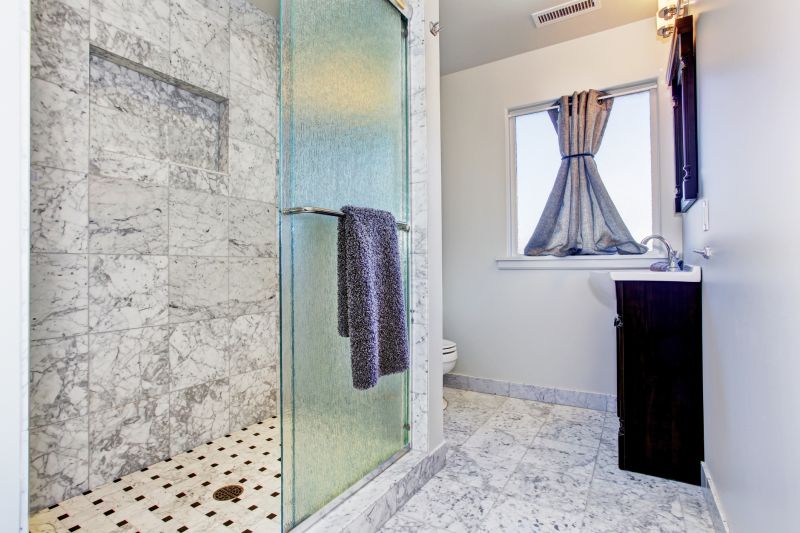Shower Floor Leveling
Welcome to Aberdeen Showers
Shower Floor Leveling
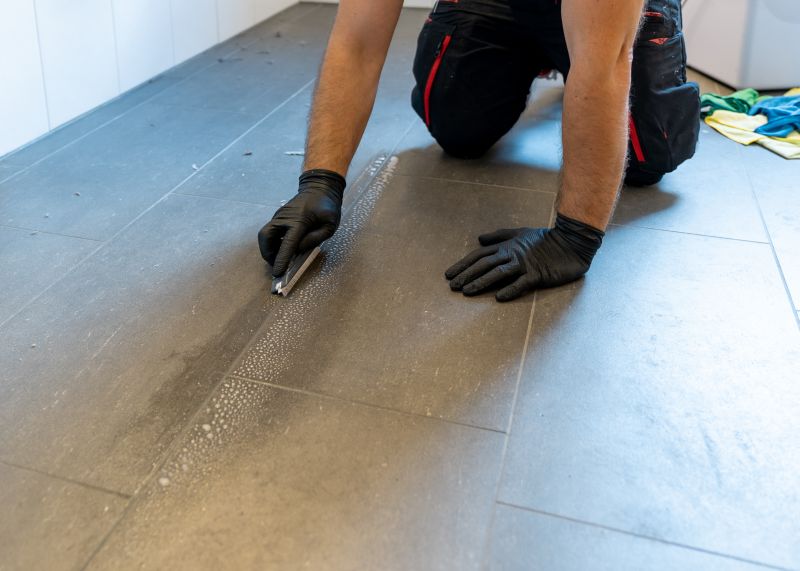
Understanding Shower Floor Leveling for Homeowners
Shop for Shower Floor Leveling
When planning a bathroom renovation, one crucial aspect that often requires attention is the shower floor leveling. Proper leveling ensures not only the aesthetic appeal of your bathroom but also its functionality and safety. An uneven shower floor can lead to water pooling, which may cause damage over time. Understanding the factors involved in leveling your shower floor can help you make informed decisions to achieve a seamless and durable finish.
Material selection is a key consideration in shower floor leveling. Common materials include ceramic tiles, natural stone, and vinyl. Each of these options has its own set of attributes and compatibility with different subfloor types. For instance, ceramic tiles are durable and come in various styles, but they require a perfectly level surface to prevent cracking. Natural stone offers a luxurious finish but may demand more maintenance.
Another important factor is the type of subfloor present in your bathroom. Concrete subfloors provide a stable base suitable for most materials, whereas wooden subfloors might require additional preparation to ensure stability. Assessing the condition of the subfloor is essential before proceeding with any leveling work.
Waterproofing is an integral part of shower floor leveling. Selecting materials and methods that offer excellent water resistance will contribute to the longevity of your shower. This involves choosing the right sealants and ensuring that all joints and seams are properly treated to prevent water ingress.
Dimensions and slope are critical in shower floor design. The shower floor must have an appropriate slope to direct water towards the drain. This not only prevents water accumulation but also ensures a safer showering experience by reducing slip hazards. Typically, a slope of 1/4 inch per foot is recommended to facilitate proper drainage.
Maintenance expectations should also be considered when selecting materials and finishes for your shower floor. Some materials may require regular sealing or special cleaning products to maintain their appearance and functionality. Understanding these requirements can help you choose options that fit your lifestyle and maintenance preferences.
Ceramic Tiles
Durable and available in a variety of styles. Requires a level subfloor to prevent cracking.
Natural Stone
Offers a luxurious finish but may require more maintenance and sealing.
Vinyl
Versatile and water-resistant, suitable for various subfloor types.
| Attribute | Details |
|---|---|
| Material | Ceramic, Natural Stone, Vinyl |
| Finish | Matte, Glossy, Textured |
| Dimensions | Varies by design and layout |
| Slope | 1/4 inch per foot |
- Ensure compatibility with subfloor type
- Consider waterproofing options
- Choose materials based on maintenance needs
- Plan for proper drainage slope
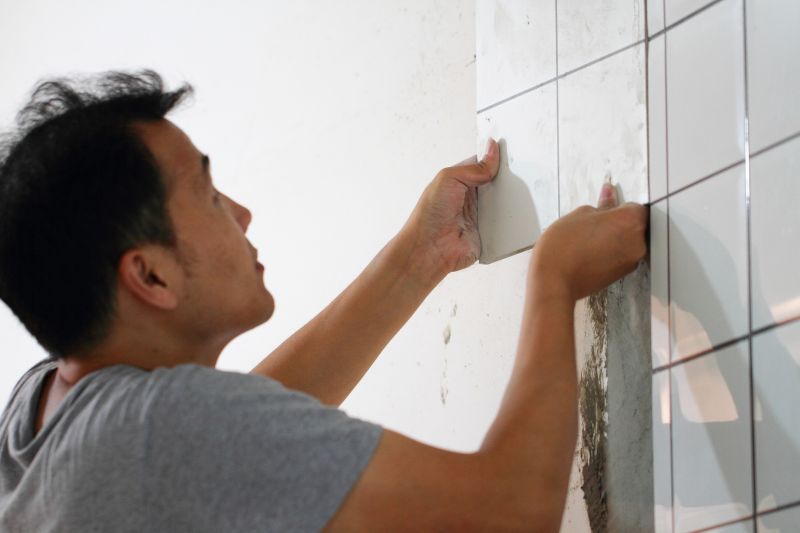
Ceramic Tiles
Durable and stylish, ceramic tiles need a level subfloor to avoid cracking.
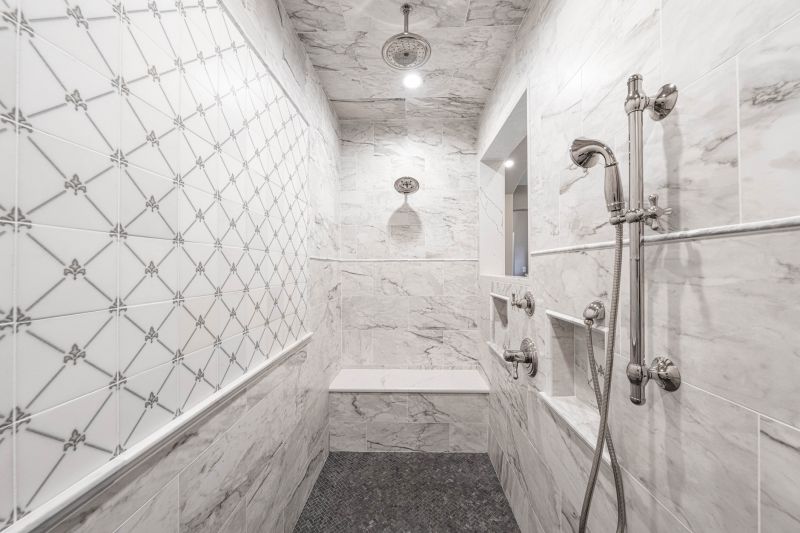
Natural Stone
Luxurious finish with higher maintenance, natural stone requires sealing.
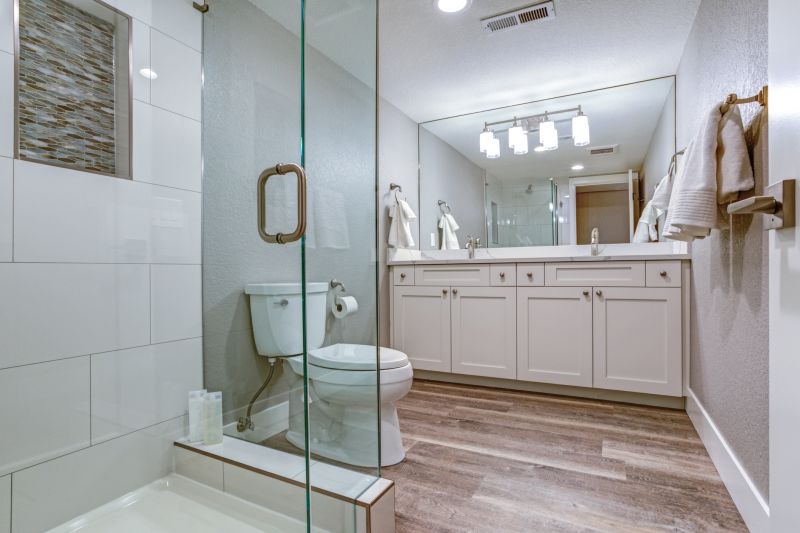
Vinyl Flooring
Versatile and water-resistant, vinyl suits various subfloor types.
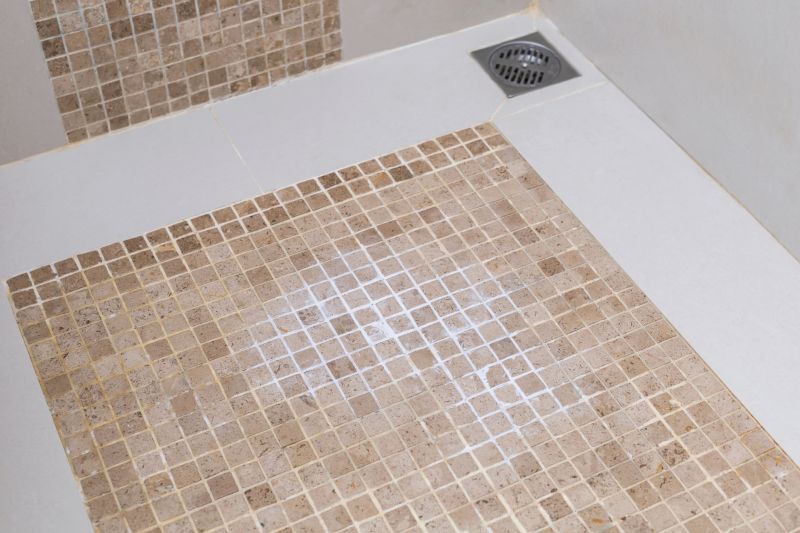
Waterproof Sealants
Essential for preventing water ingress and extending shower longevity.
Key Features and Materials for Shower Floor Leveling
Shop for Shower Floor Leveling
Understanding the Essentials for a Perfectly Leveled Shower Floor
Creating an evenly leveled shower floor is crucial for both functionality and aesthetic appeal. A properly leveled shower floor ensures effective water drainage, preventing issues like water pooling or leaks. When researching materials and features for shower floor leveling, homeowners should consider a variety of factors including the compatibility of materials, the desired finish, and the maintenance requirements.
One of the primary materials used for shower floor leveling is a mortar bed. This traditional method involves using a mix of sand and cement to create a solid, sloped surface that directs water towards the drain. Mortar beds are highly customizable, allowing for precise control over the slope and thickness, making them suitable for various shower configurations.
Another popular option is the use of pre-formed shower pans, which are available in a range of materials such as fiberglass, acrylic, and solid surface composites. These pans come with built-in slopes and are designed for easy installation, offering a consistent finish and reducing the time needed for leveling. The choice of material can affect the pan's durability and the ease of cleaning.
Waterproofing is a critical aspect of shower floor leveling. Materials like waterproof membranes or coatings are applied beneath the surface to prevent moisture penetration. These materials are essential for long-term durability and help in maintaining the structural integrity of the shower floor.
When selecting materials for shower floor leveling, homeowners should also consider the finish and texture. Tile is a popular choice due to its variety of colors, sizes, and textures. However, the grout lines require regular maintenance to prevent mold and mildew. Stone finishes offer a natural look but may require sealing to maintain their appearance.
- Mortar bed customization for slope control
- Pre-formed shower pans for quick installation
- Waterproof membranes for moisture protection
- Tile and stone finishes for aesthetic appeal
| Material | Finish | Dimensions |
|---|---|---|
| Mortar Bed | Customizable | Variable |
| Pre-formed Pan | Smooth | Standard Sizes |
| Tile | Textured | Varied |
Mortar Bed
Offers flexibility in slope and thickness, ideal for custom shower designs.
Pre-formed Shower Pan
Provides a pre-sloped surface for efficient drainage, simplifying installation.
Waterproof Membranes
Essential for preventing water penetration and ensuring long-term durability.
In conclusion, selecting the right materials and features for shower floor leveling is vital for creating a functional and visually appealing shower space. Whether opting for a traditional mortar bed or a modern pre-formed pan, the choice should align with the homeowner's preferences for maintenance, durability, and style. Proper waterproofing and finish selection will contribute to the longevity and performance of the shower floor.
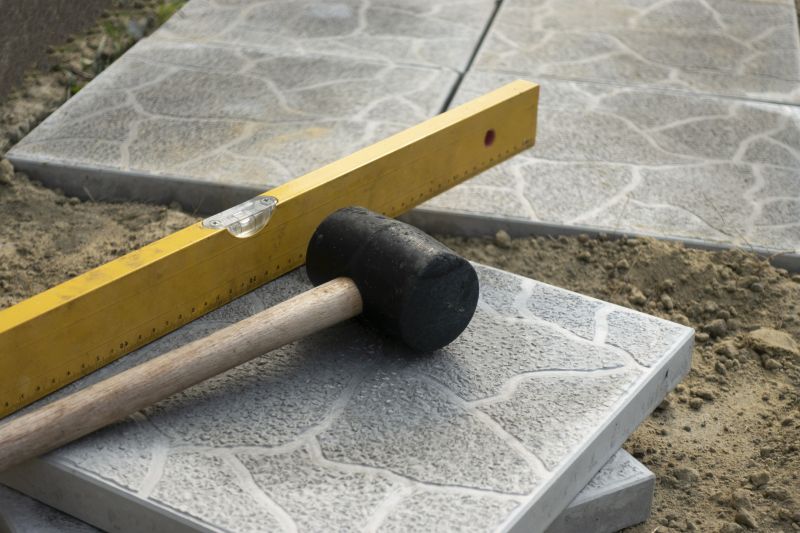
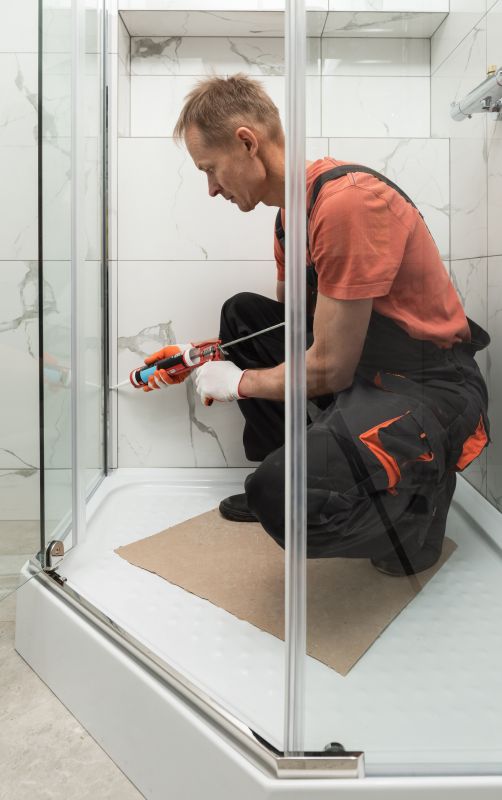
Pre-formed Shower Pan
Pre-sloped surface for efficient drainage, simplifies installation.
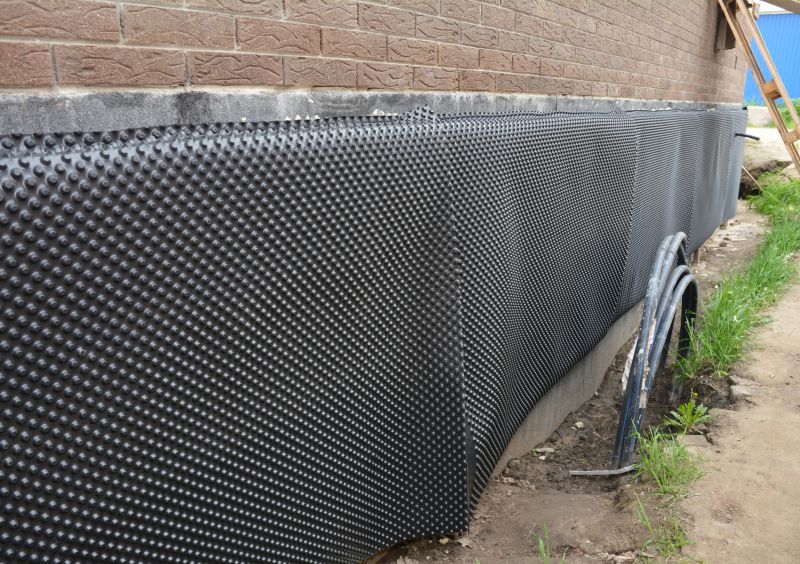
Waterproof Membranes
Prevents water penetration, ensuring long-term durability.
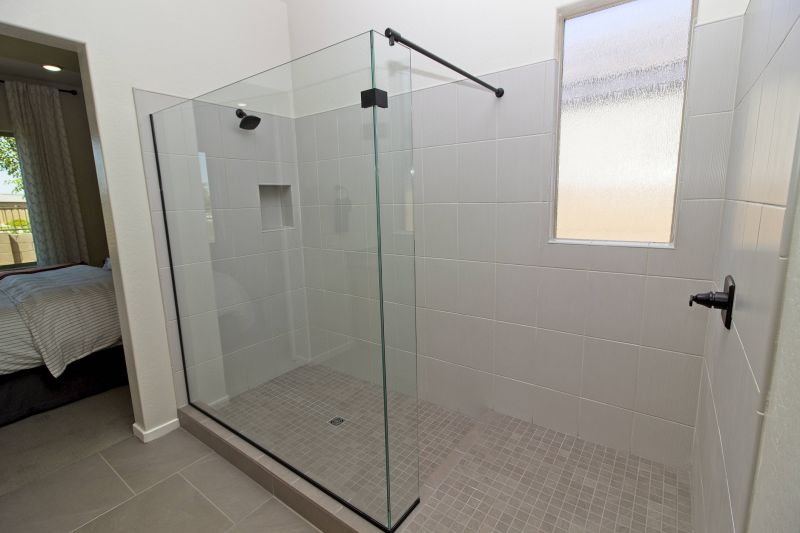
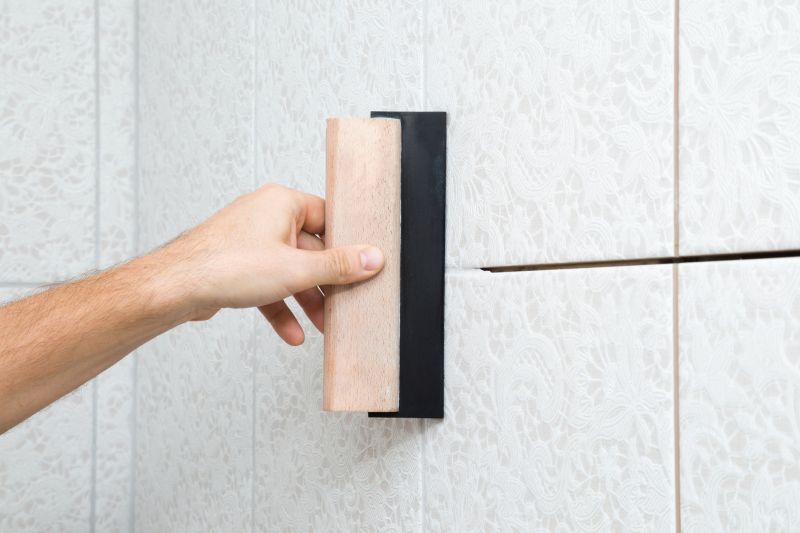
Selection Criteria and Upkeep for Shower Floor Leveling
Shop for Shower Floor Leveling
Choosing the Right Leveling Techniques and Maintaining Your Shower Floor
When considering shower floor leveling, homeowners must evaluate various factors to ensure a durable and aesthetically pleasing result. The selection of materials is crucial, as it influences both the functionality and appearance of the shower floor. Common materials include ceramic, porcelain, and natural stone, each offering unique benefits in terms of durability, water resistance, and design versatility. It is important to choose a material that complements the overall style of the bathroom while providing a slip-resistant surface for safety.
The finish of the shower floor is another critical aspect. Matte finishes are popular due to their ability to hide water spots and provide a non-slip surface. Glossy finishes, on the other hand, can add a touch of elegance but may require more maintenance to keep them looking pristine. Homeowners should consider their lifestyle and maintenance preferences when selecting the finish of their shower floor.
Dimensions and layout play a significant role in the selection process. The size of the shower area will determine the amount of material needed and influence the overall design. A well-planned layout ensures proper water drainage, preventing water pooling and potential damage. It is essential to ensure that the slope of the floor directs water towards the drain efficiently.
Compatibility with existing plumbing and bathroom fixtures is an important consideration. The chosen materials and dimensions must align with the current setup to avoid unnecessary modifications. Consulting with a knowledgeable source can help ensure that the new shower floor integrates seamlessly with the existing infrastructure.
Regular upkeep is necessary to maintain the functionality and appearance of the shower floor. This includes periodic cleaning to prevent the buildup of soap scum and mildew. Sealing the grout lines can also help protect against moisture penetration and staining, extending the lifespan of the shower floor.
- Material: Ceramic, Porcelain, Natural Stone
- Finish: Matte, Glossy
- Dimensions: Customizable to fit shower area
- Maintenance: Regular cleaning and sealing
| Attribute | Details |
|---|---|
| Material | Ceramic, Porcelain, Natural Stone |
| Finish | Matte, Glossy |
| Dimensions | Customizable |
| Maintenance | Regular cleaning and sealing |
Ceramic
Known for its durability and water resistance, ceramic is a popular choice for shower floors. It offers a range of design options and is relatively easy to maintain.
Porcelain
Porcelain offers a denser and more durable option than ceramic. Its low water absorption rate makes it ideal for wet environments like showers.
Natural Stone
Natural stone provides a luxurious and unique appearance. While it may require more maintenance, its aesthetic appeal is unmatched.
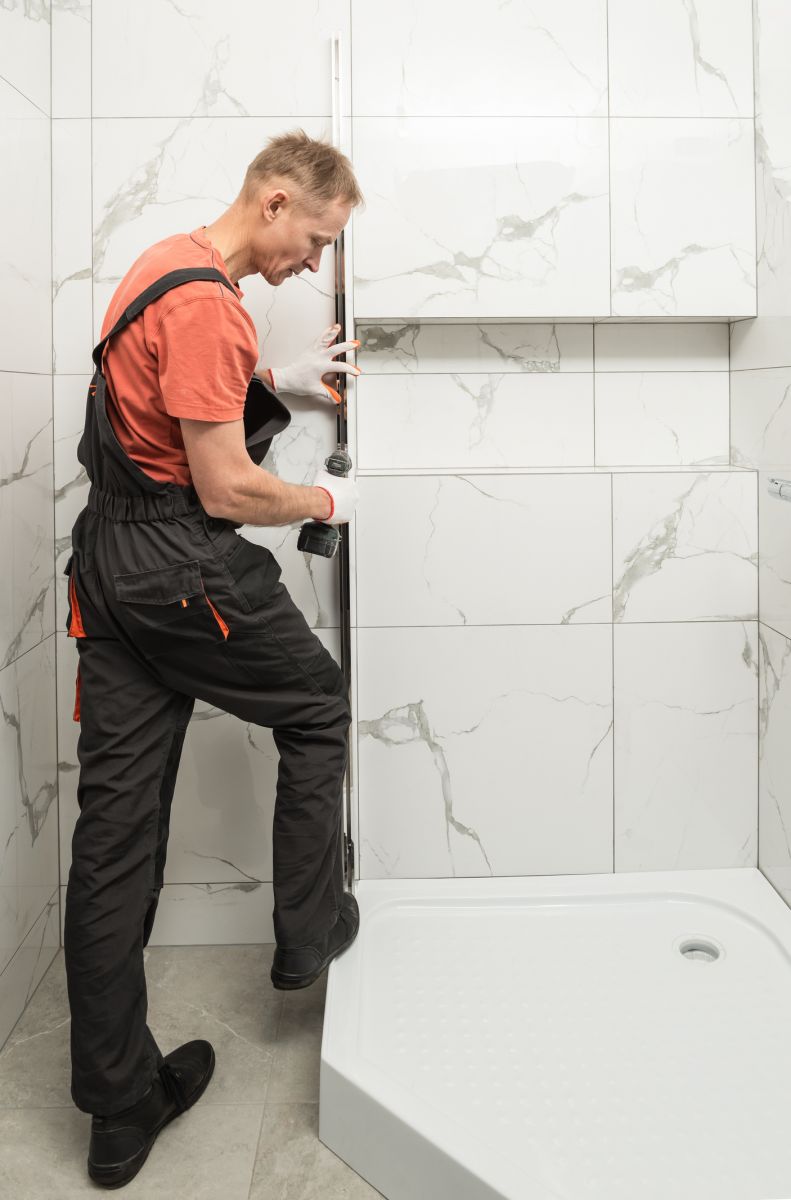
Ceramic Tile
Durable and water-resistant, ceramic tiles offer a variety of design options for shower floors.
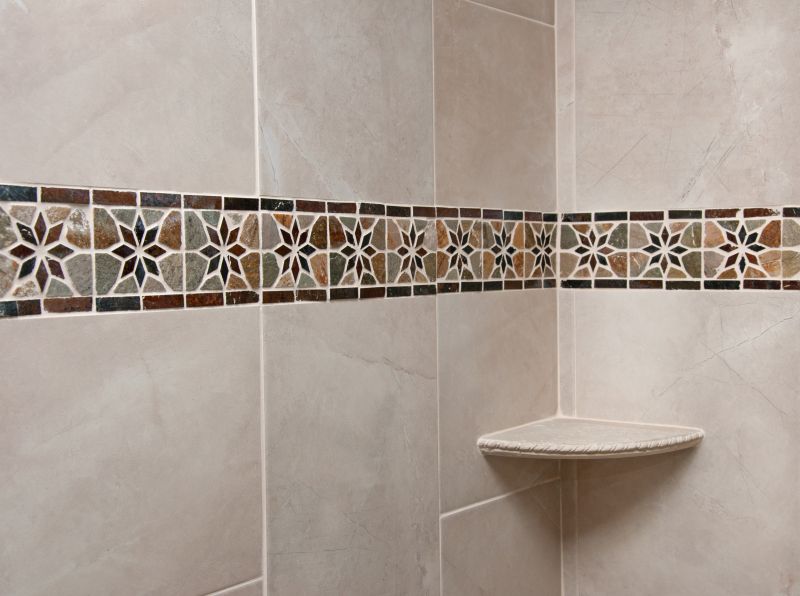
Porcelain Tile
Dense and durable, porcelain tiles are ideal for wet environments due to their low water absorption.
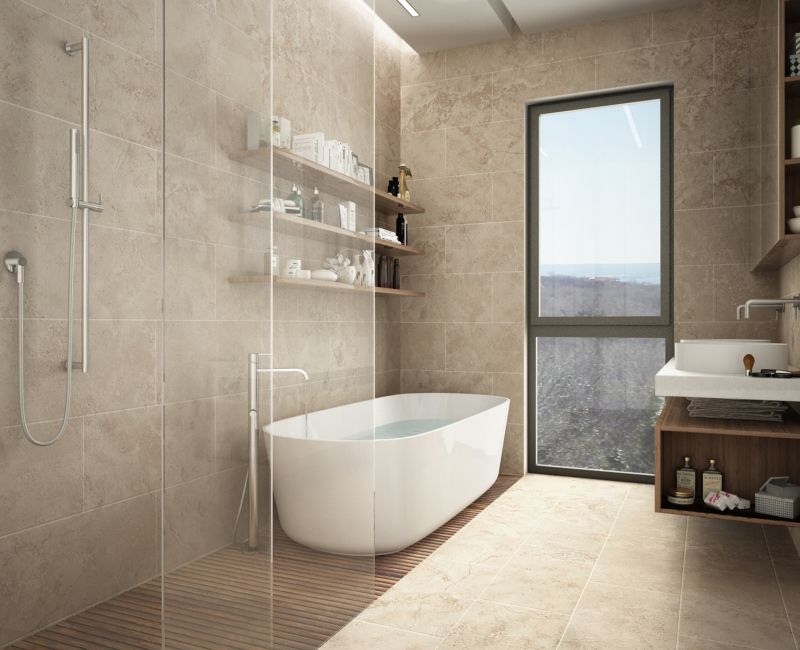
Natural Stone
Luxurious and unique, natural stone offers unmatched aesthetics but requires more maintenance.
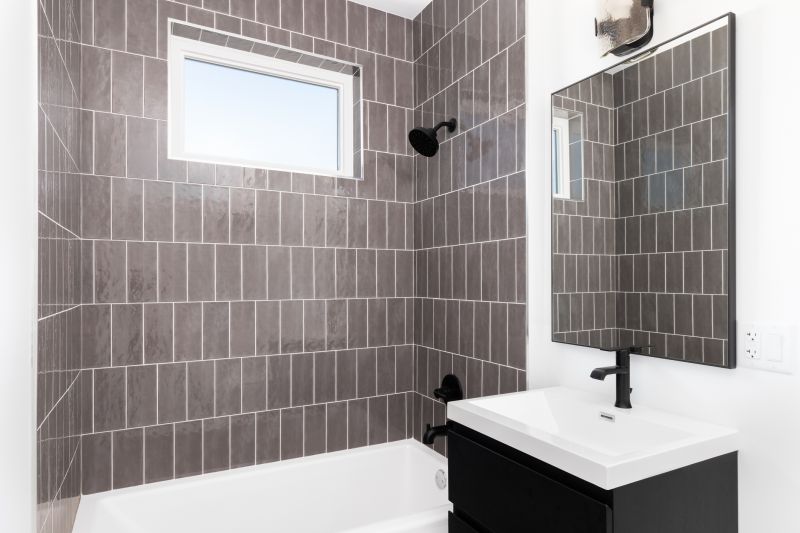
Matte Finish
Matte finishes hide water spots and provide a non-slip surface, ideal for shower floors.
